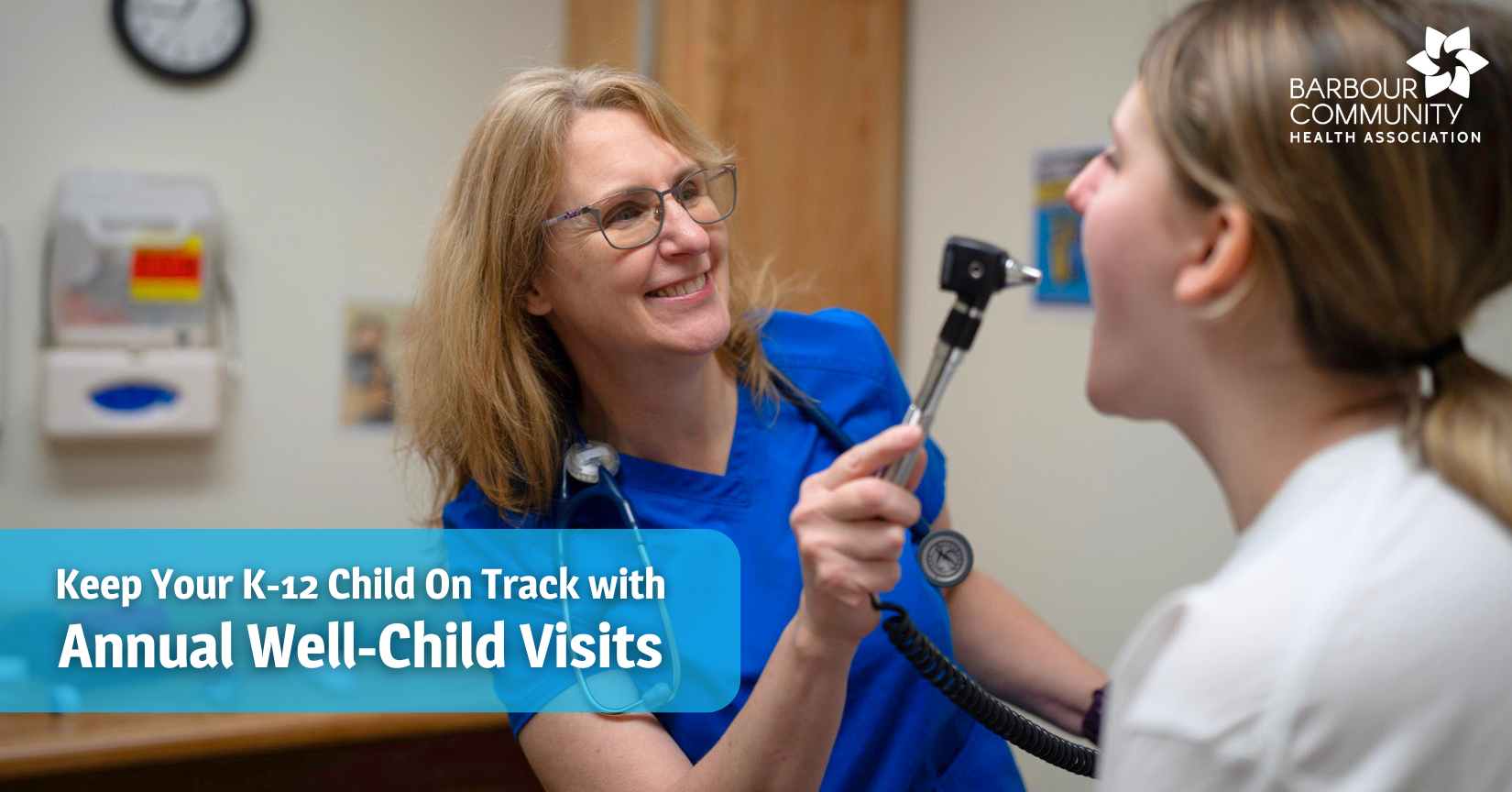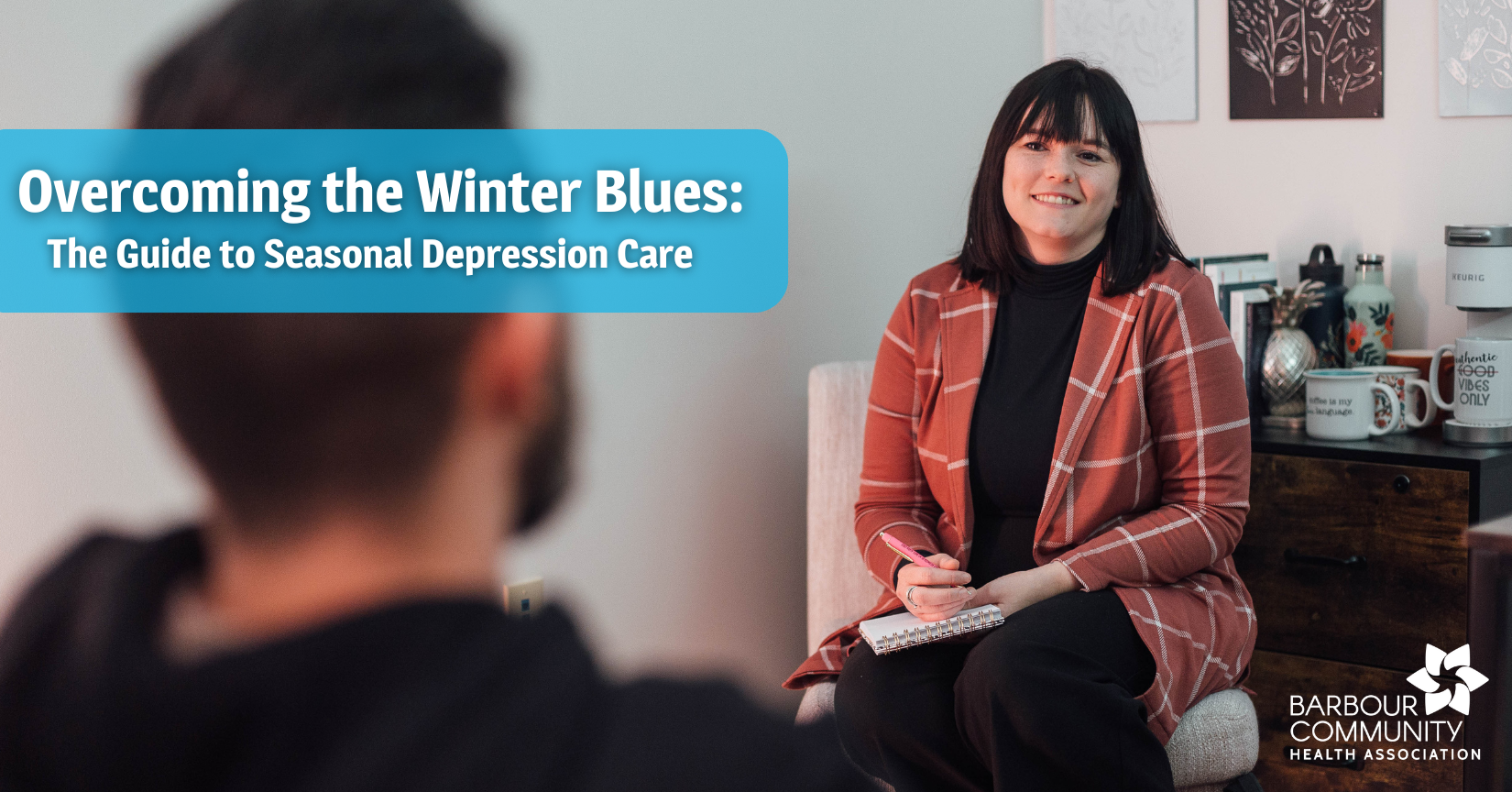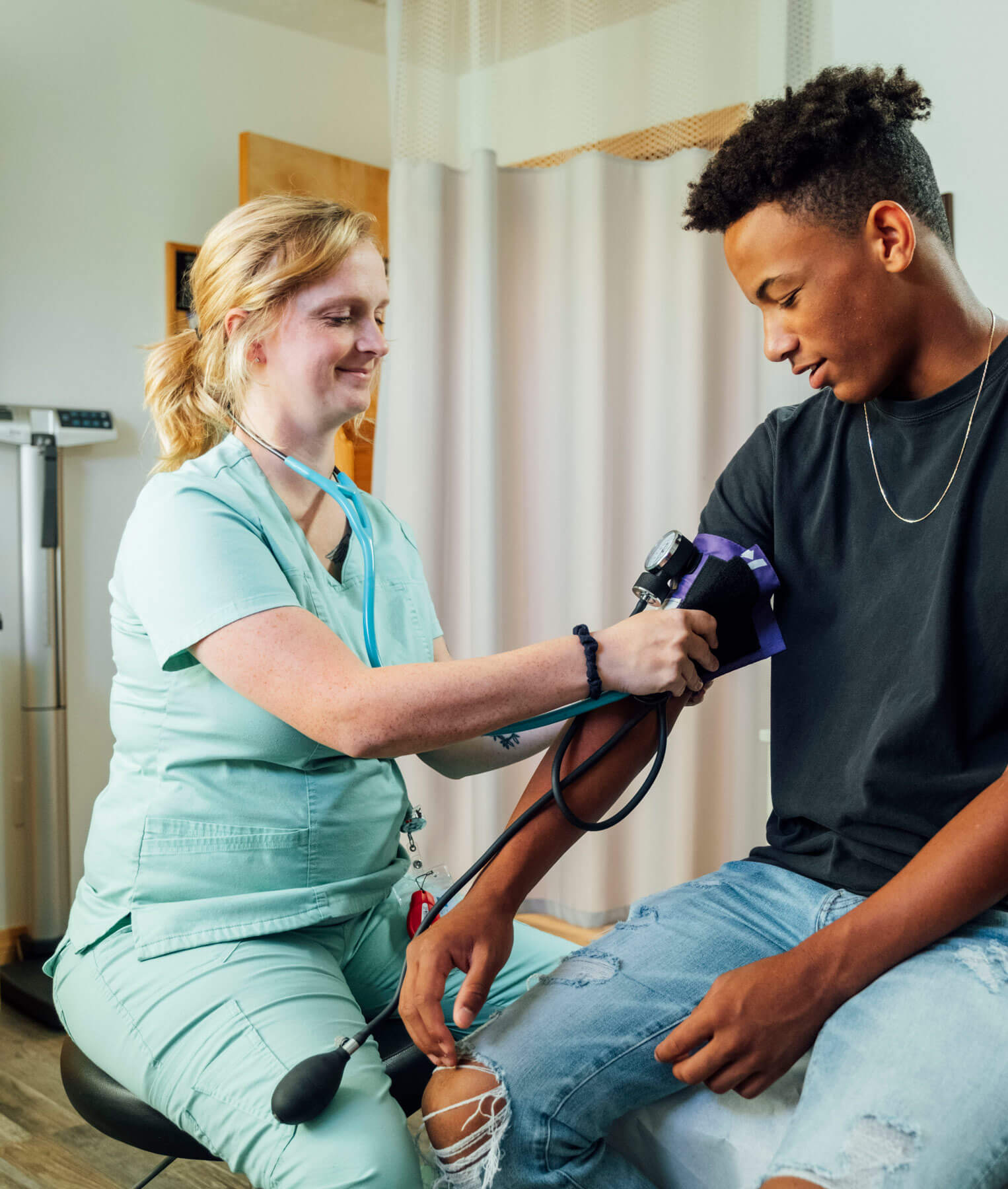As your baby becomes a toddler, he or she may begin to display some very strong opinions about which foods to eat! Toddlerhood is both magical and frustrating for parents and children alike. Your toddler wants to be grown up enough to make their own decisions, but also to know that the adults in their life have everything under control. They may begin refusing flavors they once loved or throwing tantrums if they do not get the foods that they demand. Take a deep breath, and know that this is common toddler behavior and a wonderful opportunity to set your child up for lifelong healthful eating habits. End the mealtime struggles and help your toddler make the best food choices with these healthy eating habits tips.
Set the Table for Success
Ensure that your toddler is hungry at mealtime by sticking to a regular eating schedule. Three meals plus two or three snacks per day is appropriate. It may be reassuring to your child to know that food is offered on a regular schedule, allowing them to decide if they are hungry or not each time. If your child does not want to eat at a given time, calmly offer that they can sit with the family while the family eats and wait to eat until the next mealtime. They should be hungry by then. Avoid giving your toddler extra treats or sugary beverages (including milk and juice) outside of meal and snack times.
Provide secure seating and age-appropriate dishes. Use sturdy plates that cannot be easily flipped or thrown, and that have sides they can push food against. Provide toddler-sized forks and spoons; encourage their use but allow them to use their hands as well. Be patient and expect messes as your toddler gains new eating skills.
Make eating a family event. That may mean a full house of extended family seated around the table or one caregiver and one toddler sharing a snack. Focus on the food and company at hand, and avoid distractions such as TV, toys, or mobile devices. Keep mealtimes as pleasant and relaxed as possible.
Do not offer alternatives to the family meal. Your toddler should not be eating French fries while the rest of the family is eating burritos. Remember that a healthy toddler will not be harmed by skipping the occasional meal if they refuse to eat. Likewise, do not let them snack on the couch or play on the floor while the rest of the family eats. Serve health-promoting foods that the family enjoys, and they will learn to (mostly!) enjoy them too.
What to Serve, and How Much?
What’s for a toddler’s dinner? Whatever the family is having! Make toddler-friendly accommodations as needed, such as cooking the carrots softer, or cutting the apples into small pieces your toddler can pick up with a fork or fingers. Ensure that the family is modeling healthy eating habits, and your toddler is likely to join in. See the resources at the bottom of this blog to get the whole family on a healthful eating plan.
Call it bento, tapas, or a sampler; offering 3 or 4 separate options is better than one inclusive dish for your toddler. A small compartmentalized meal tray or muffin tray will hold small servings of each component of the family’s dinner for your toddler. For example, if the family is having a lentil shepherd’s pie, your toddler may have separate compartments for lentils, mushroom gravy, peas and carrots, and mashed potatoes. Let them decide how much of each item to eat and in what order to eat them.
If your toddler is leaving a lot of food on their plate, their servings may be too big. A good rule of thumb is to offer about a tablespoon per year of age for each food.
If your toddler rejects a food, try and try again! It can take several times of trying a new food for them to like it. Serve a once-rejected food alongside an old favorite, or with a well-liked sauce or seasoning. Try different preparation methods as well, such as steamed and mashed, raw and minced, or roasted chunks of cauliflower for example. Encourage them to try each food on their plate, but do not force them to eat it. Do not bribe them with dessert or a toy. Do not make them sit at the table until it is eaten. When family dinner time is over, remove the rejected food from their plate, and wait a few days before offering that food again.
Beyond Meal Time
Allow your toddler to help prepare the family meal plan. Instead of asking open-ended questions, such as “What would you like to have for dinner this week?”, offer several meal options for your toddler to choose from.
For example, you could phrase the question; “Do you think the family would like to have vegetable stir fry or pasta primavera tonight?” or “Would you like raspberries, bananas, or peaches for your oatmeal?” When there is a plan in place, your child can assist with age-appropriate food preparation tasks.
Bring your child along to the grocery store, farmer’s market, or spice shop with you, so they can see and understand where the food they eat comes from. Allowing time for your child to touch and smell products when appropriate, will help increase their interest in a variety of foods.
Provide your child with opportunities to gain hands-on experience with the preparation of food. If possible, visit a farm or an orchard where they can pick their own seasonal fruits and berries. Another great approach would be growing your own food at home, such as peppers, basil, or other vegetables and herbs. This can be as simple as maintaining one potted plant in a sunny windowsill!
Additional Resources
Please discuss any concerns you have about your child’s eating habits with me and your primary healthcare provider. Picky eating is a common feature of toddlerhood, but can, on occasion, indicate a health or behavioral issue. If you are concerned about the amount of foods or types of foods your child is eating (or refusing!), we can help you determine if there are any gaps in his or her diet, and if any further assessment or supplementation would be beneficial.
Our nutritionist, Rachel Williams MS, provides individual, family, and small group nutrition education and counseling services at both the Belington Medical Clinic and Myers Clinic. Nutrition counseling is a free service to all Barbour Community Health Association patients. Please feel free to contact Rachel with any questions you have at rwilliams@barbourhealth.org .




